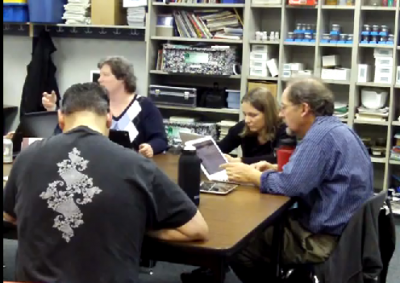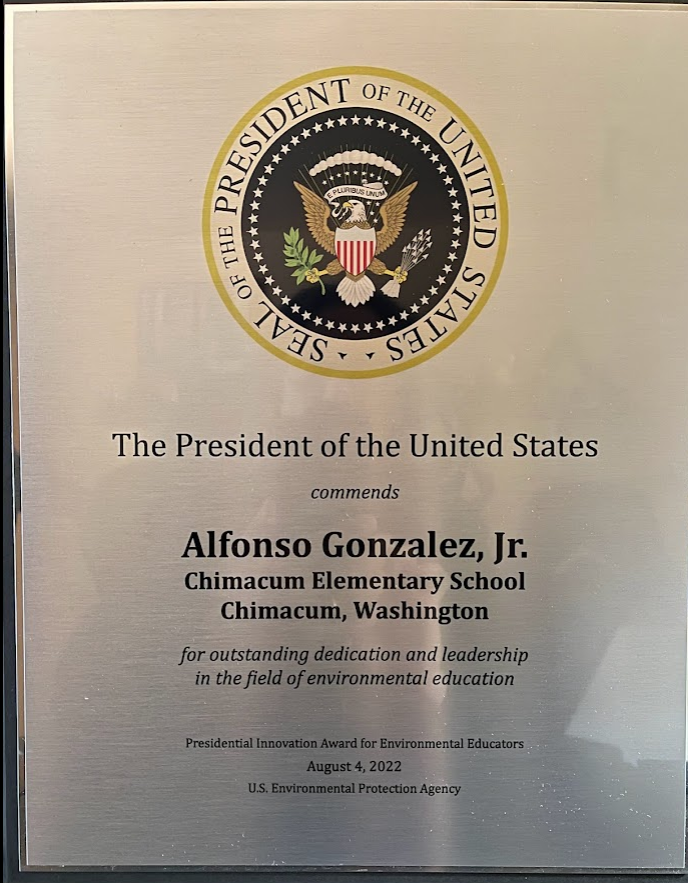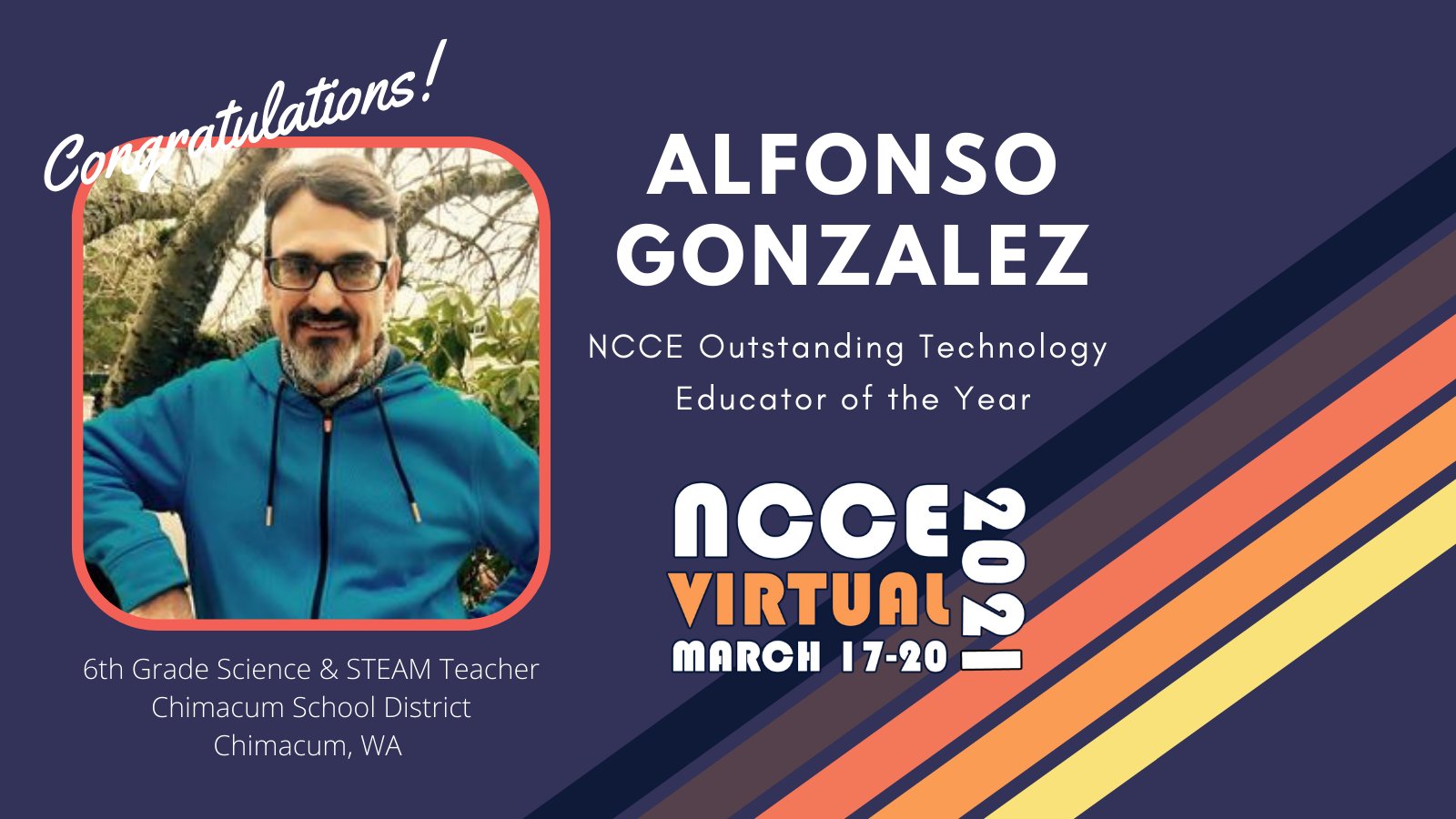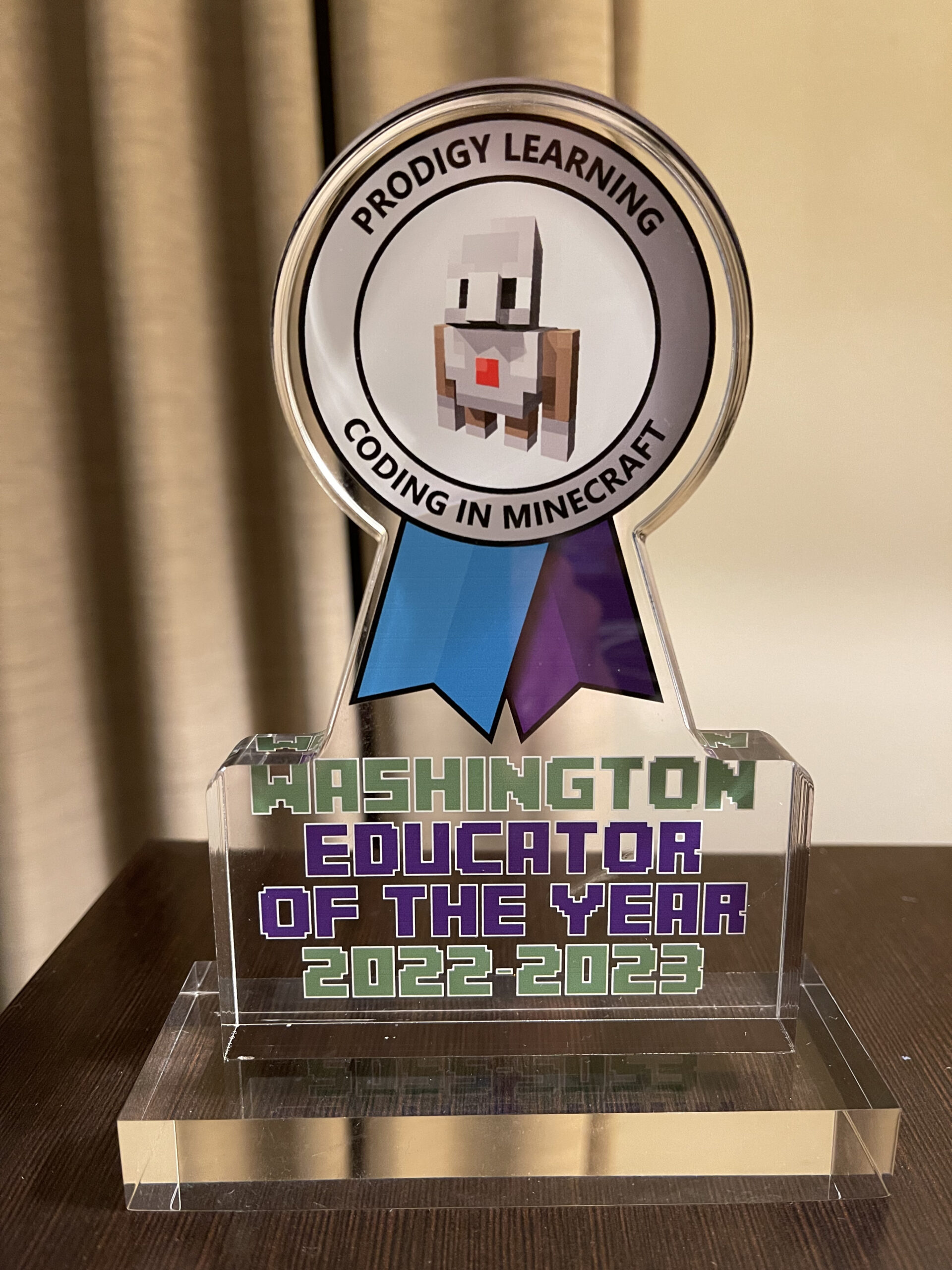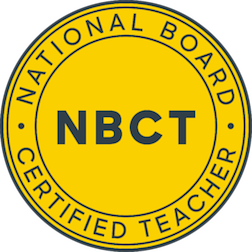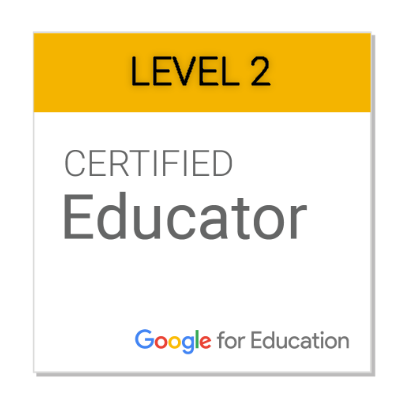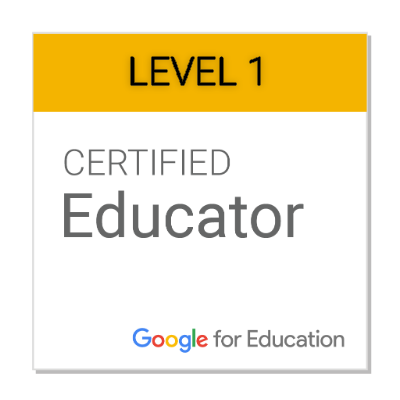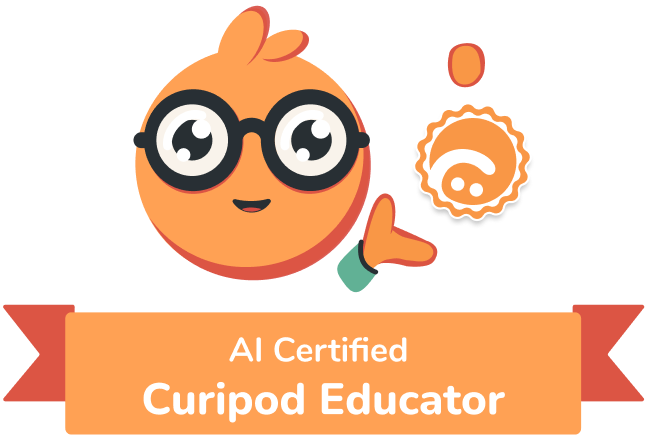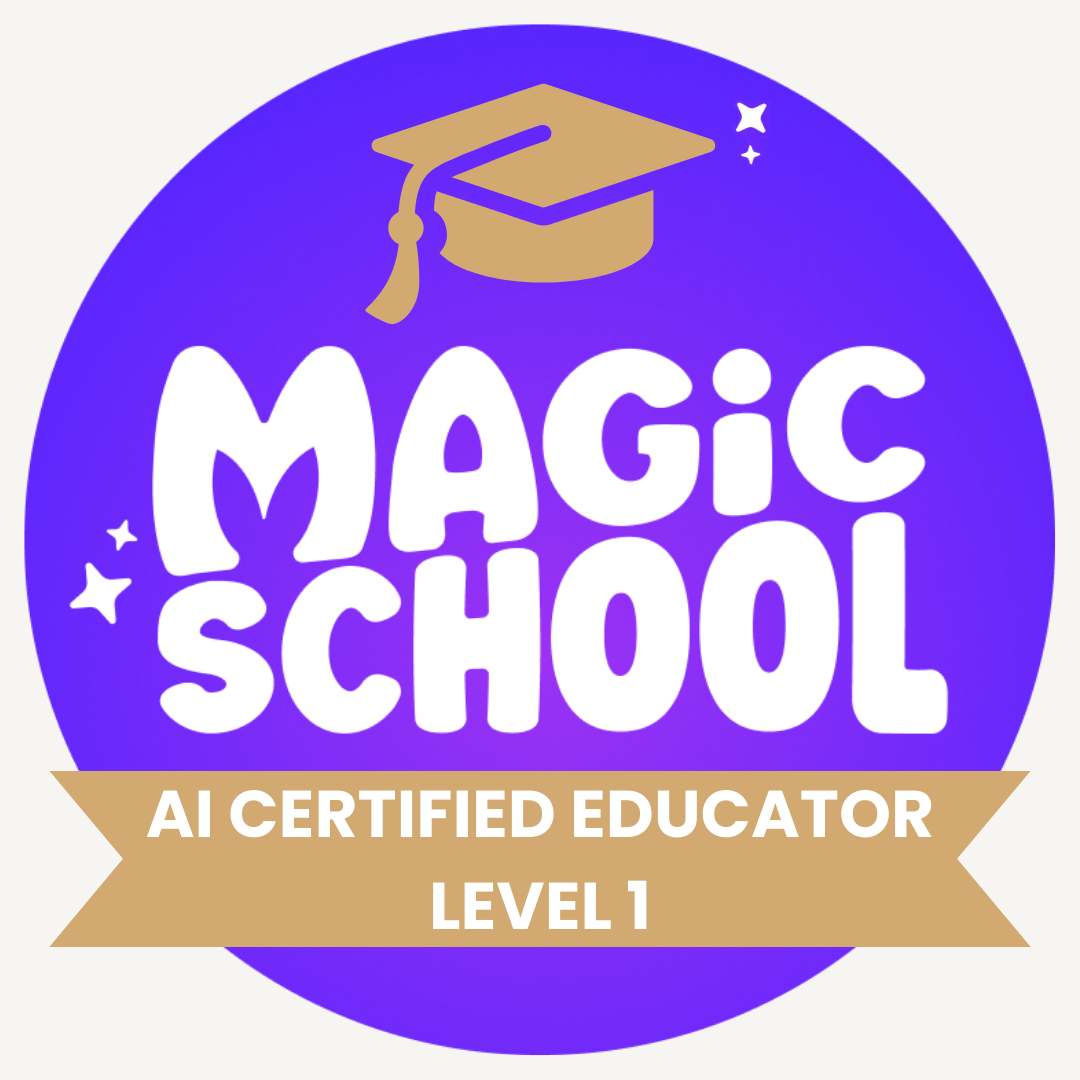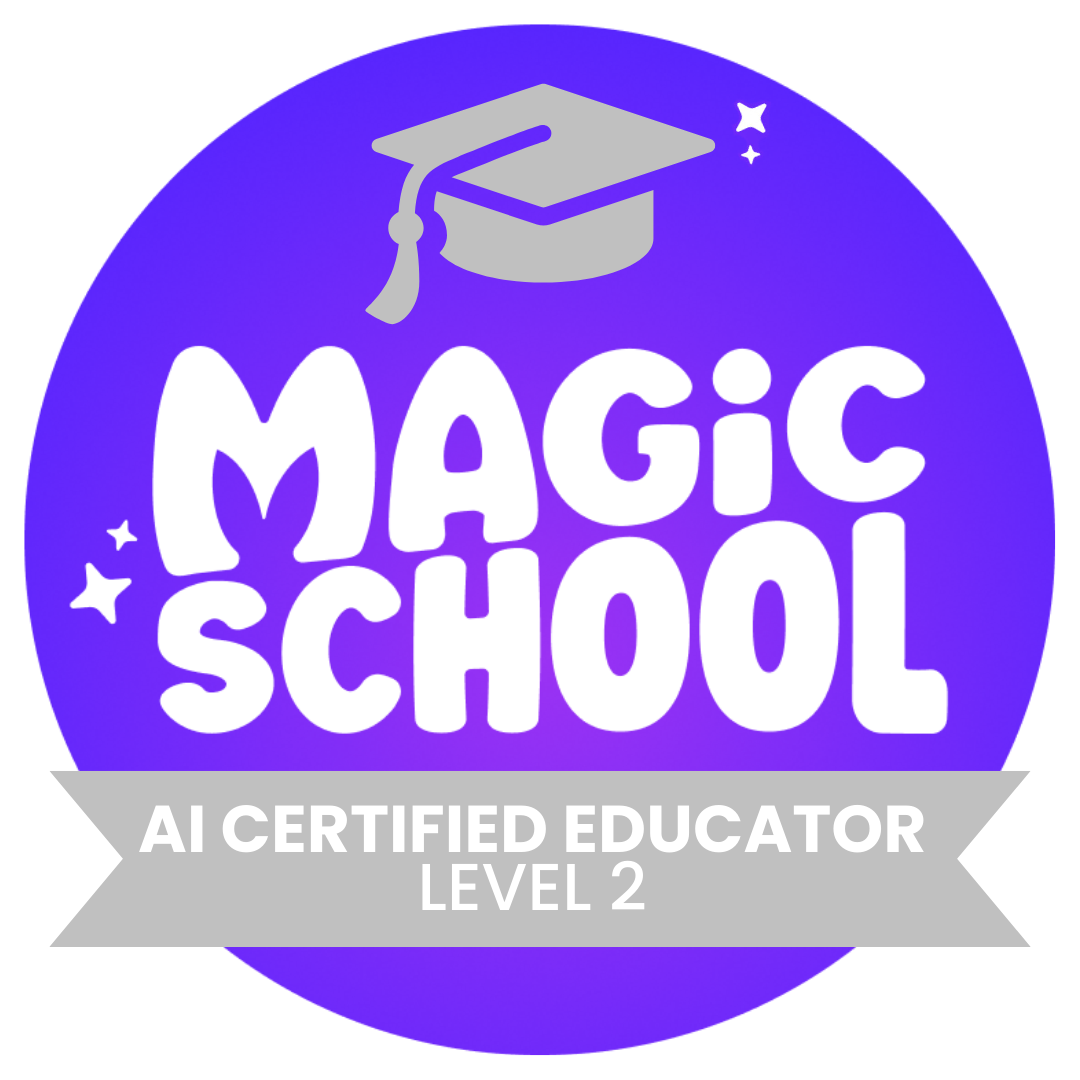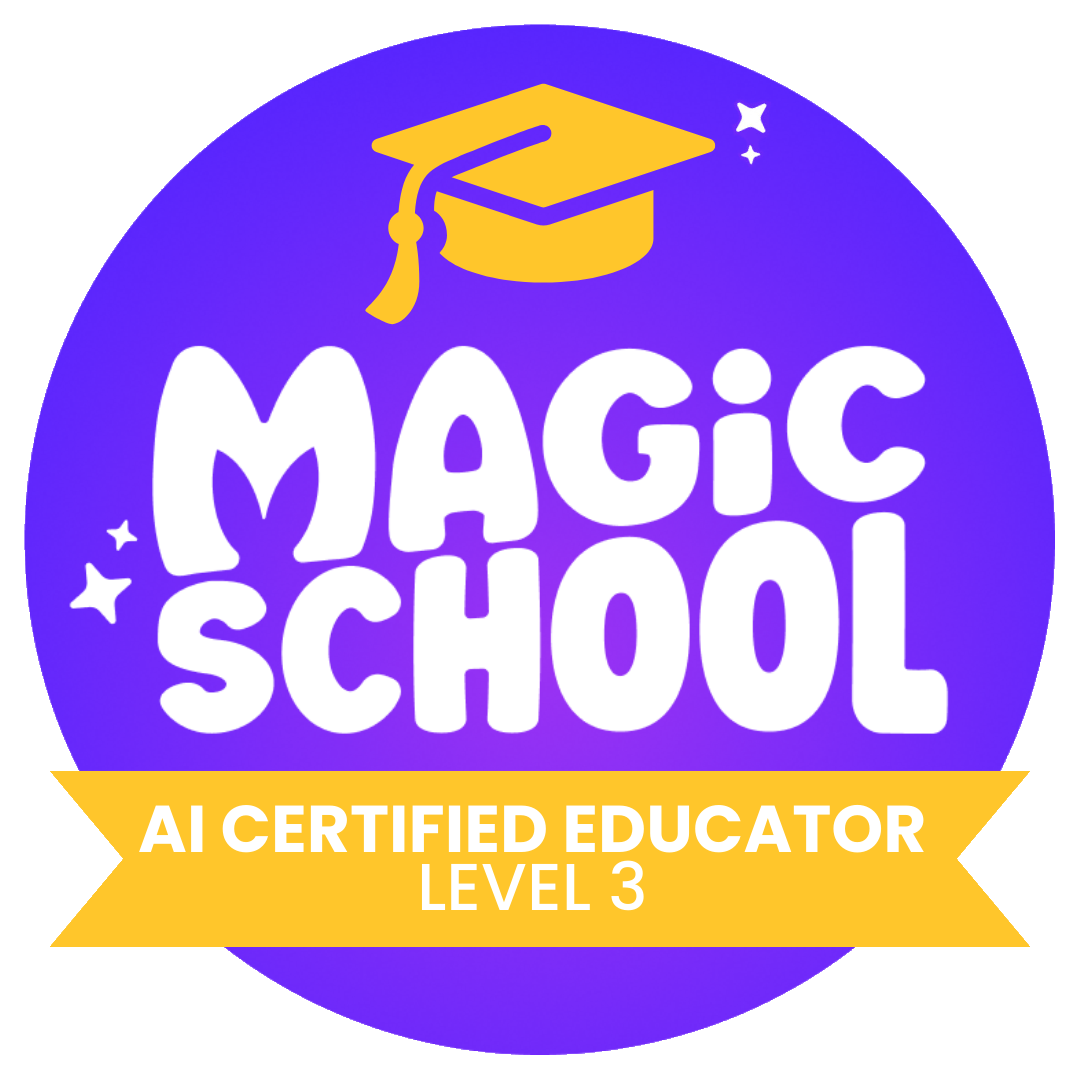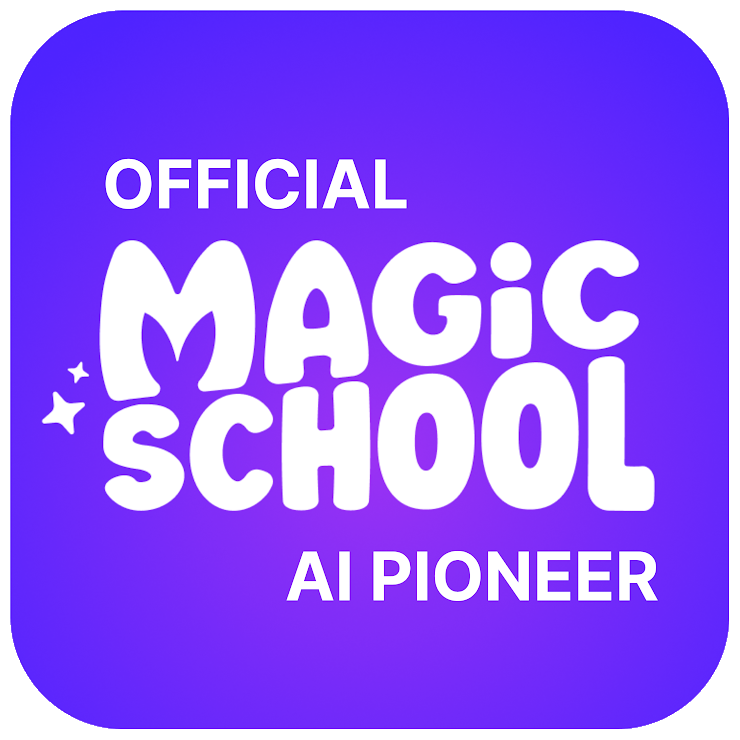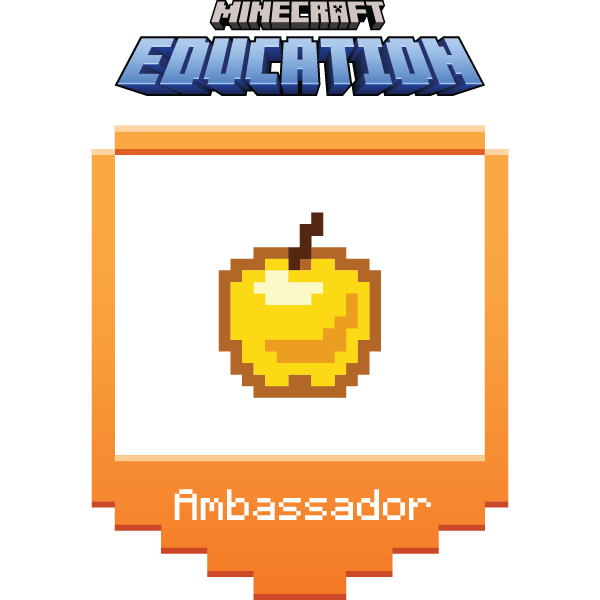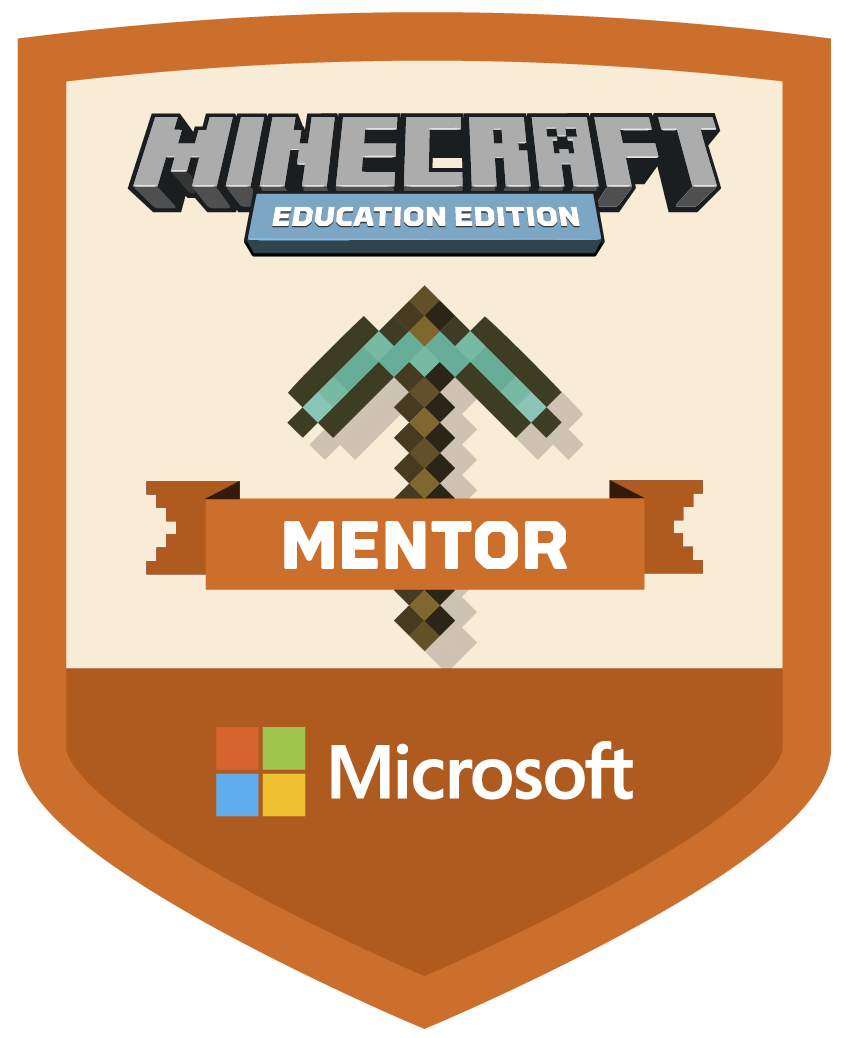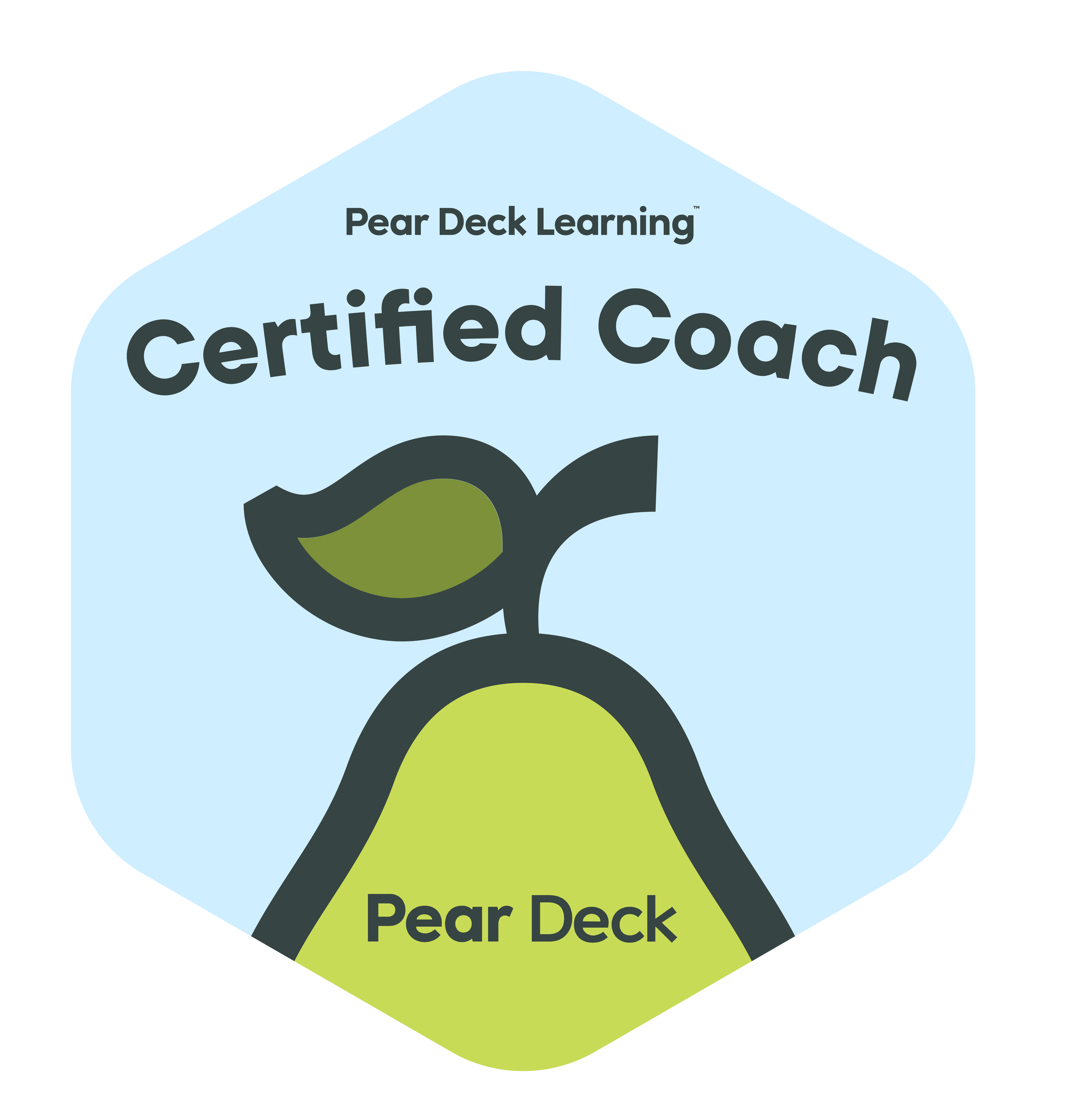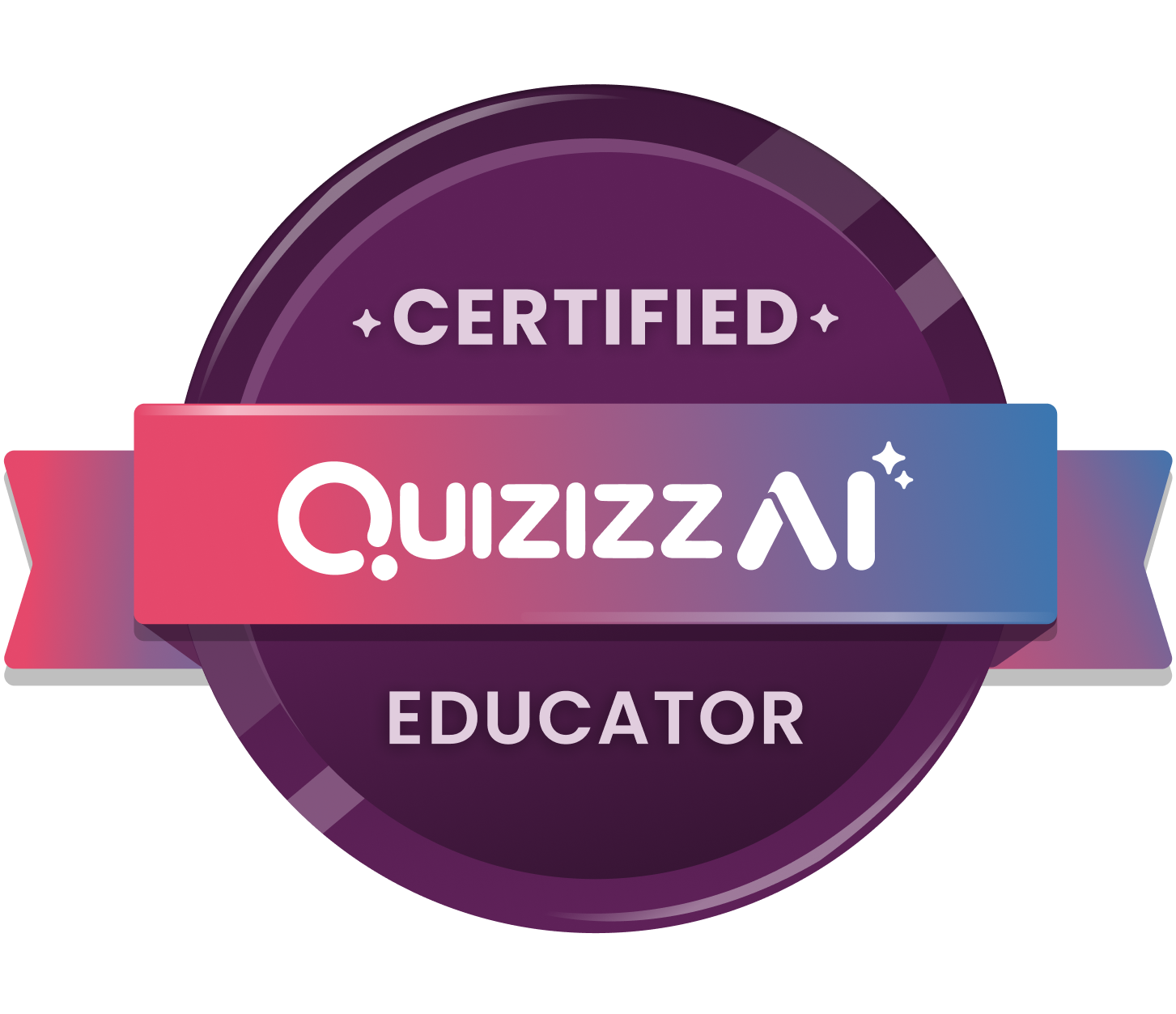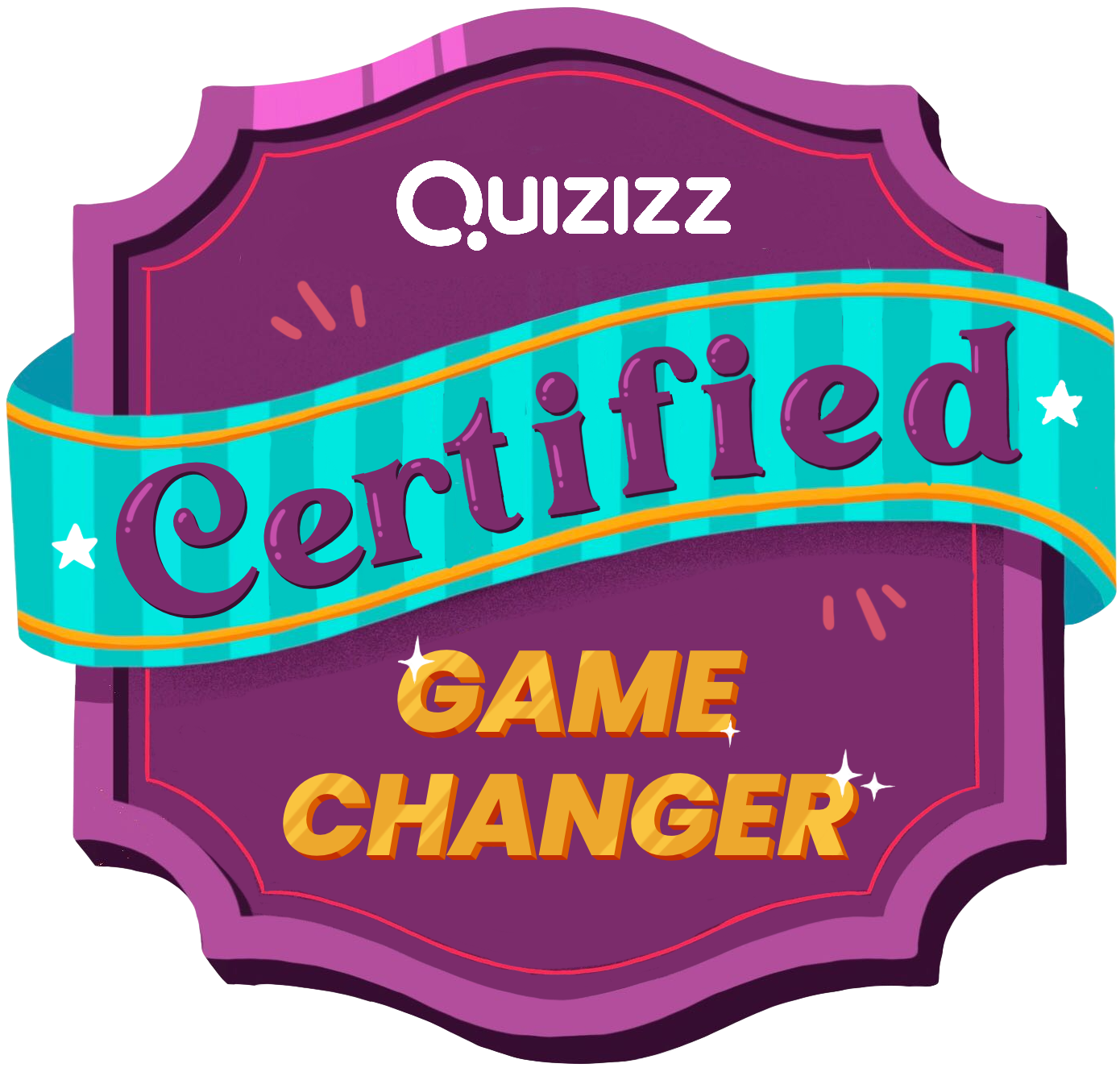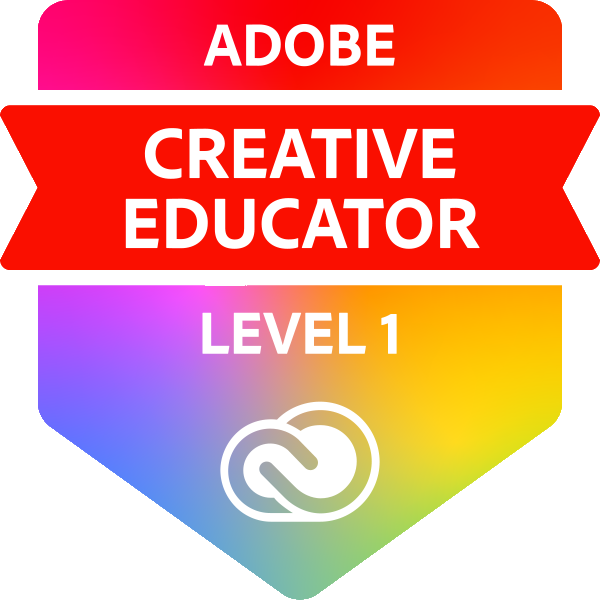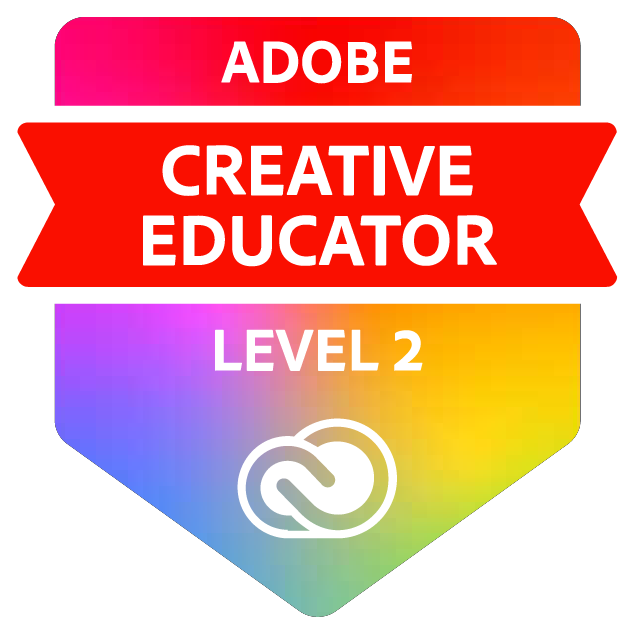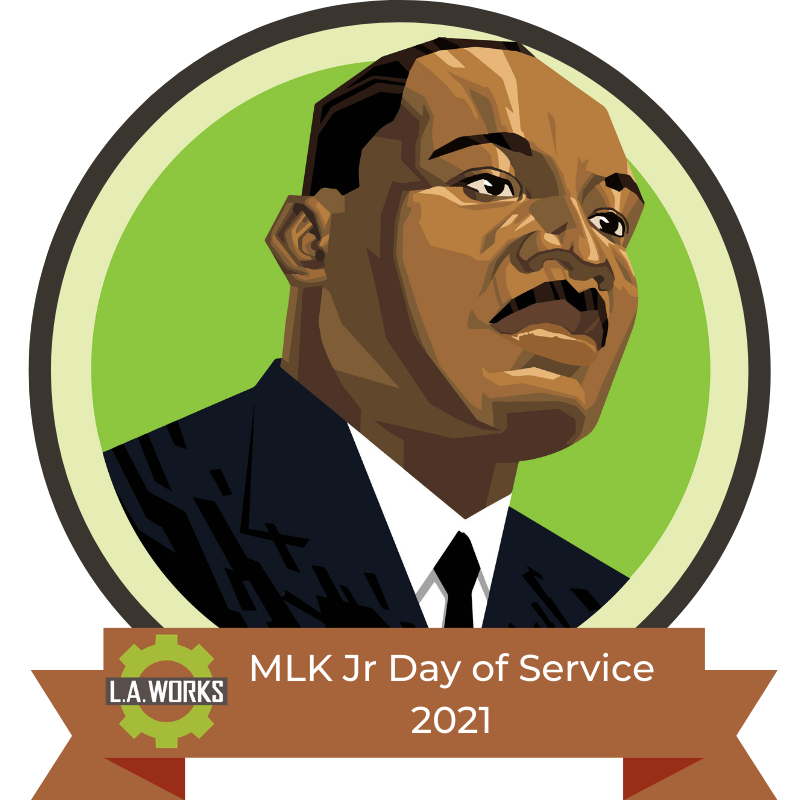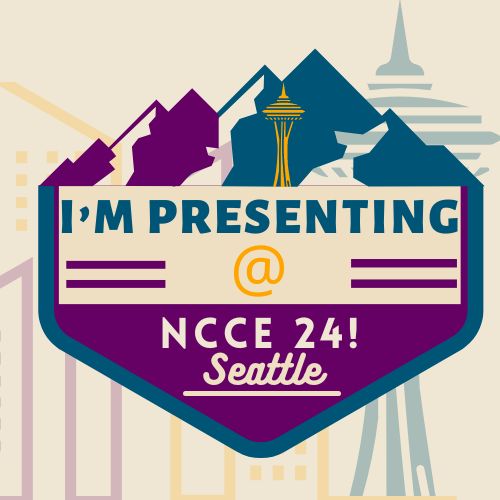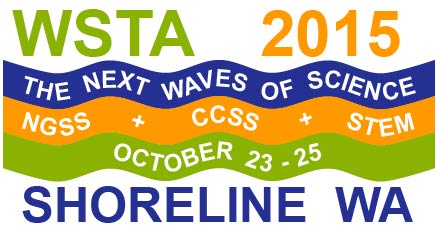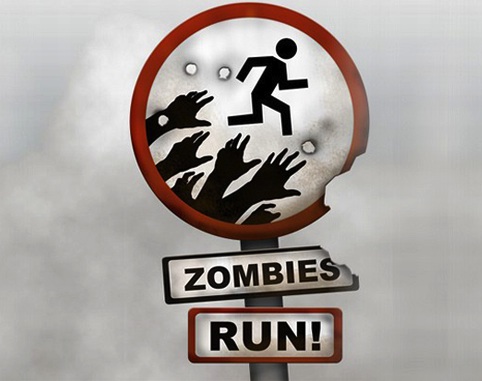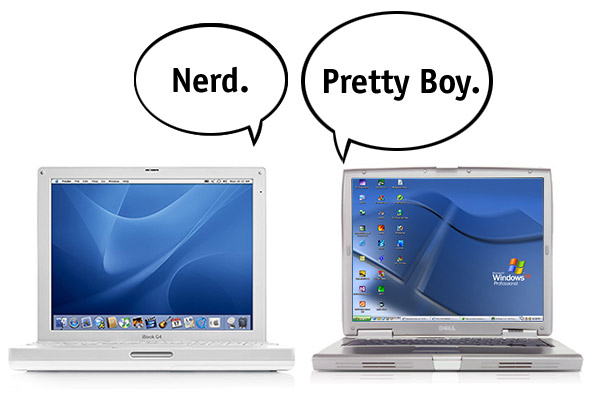Why collaborate? That is the question. Let me focus in a bit on a more specific question. If you, in a middle and a high school, were given the opportunity to meet regularly with your peers why would you want to? What could all the Science teachers in grades 6 through 12 meet about if they had one or two hours a week, two to three times a month to meet? What would Math, Social Studies, and Language Arts (English) teachers do if they could meet two to three times a month? What would you do with the Special Education, Art, PE, Music, Band, Choir, Media Productions, and Counselor during those meetings?
It has to start with the why. Why do teachers need time to collaborate? In my experience and training the reason I collaborate with my peers in Professional Learning Communities or PLC’s is to improve student learning. That’s it. Not raise test scores but to improve learning.
Here are some ideas that I thought of after talking with a couple of my colleagues in my school district:
Topics we could address at these regular collaboration (otherwise known as PLC) meetings could include power standards, core standards, TPEP (the new WA State teacher evaluation model), tech integration or 21st century teaching, lesson planning or study, looking at student work, AfL, vertical planning and alignment, talking about kids, discipline, school climate, bullying, and evaluating student data ACROSS the content areas in the areas of literacy (which include reading and writing).
Here are some concerns and ideas raised by other educators in my district:
“It seems without a doubt that the most powerful collaboration opportunities might be in working together across content areas. However, it is also very challenging to make this consistently meaningful for teachers and their students. ”
“To get more teachers on board, I think we might need to find a way to solicit more ideas on meaningful collaboration. We also need some creative ideas on scheduling–alternating common and individual planning periods, early release, whatever.”
Areas to consider: “Furlough compensation, Data/evidence gathering for evaluation, Work on transitioning to common core state standards/assessments, Looking at student work/data for improved student learning, and Exploring instructional frameworks to improve teacher practice.”
These are all great conversations to be having. If you have any input on these matters I would love to hear from you. How do other educators around the world collaborate and what value do they find in collaboration. I’m a strong believer in deprivatizing our work and I feel that collaboration is the way to do that.

